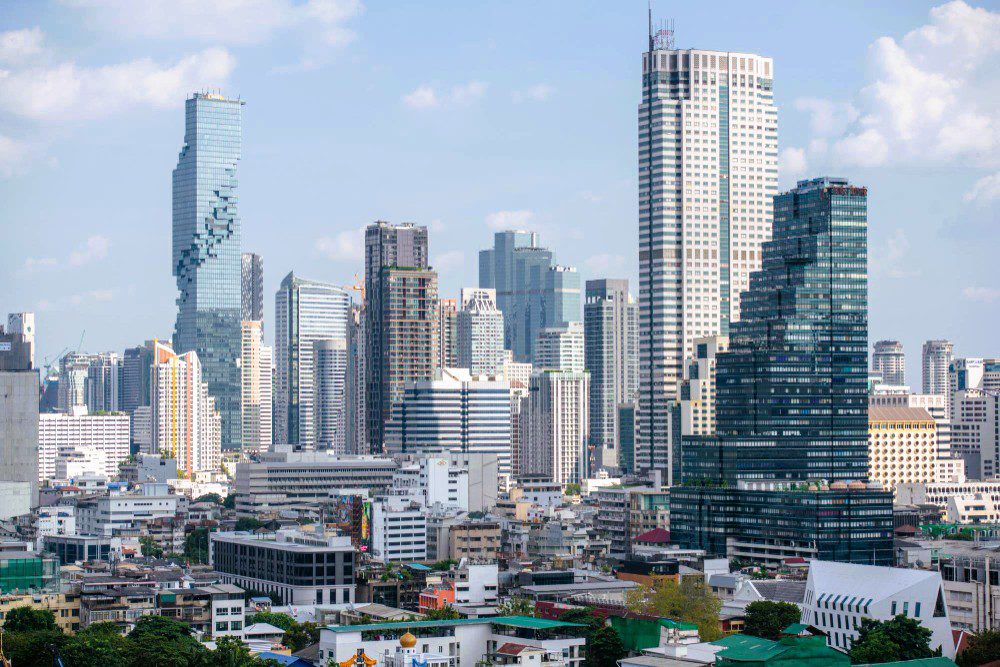Executive Summary
- European businesses continue to identify Southeast Asia as a significant growth engine for the third consecutive year, with 71% optimistic for increased trade in the next five years.
- Vietnam, Indonesia, Malaysia, and Thailand are the most favored markets for European businesses looking to expand their presence in the region.
- Slow progress on regional integration and regulatory inconsistencies are key challenges limiting the full growth potential for European businesses in Southeast Asia.
The Story So Far
- European businesses consistently view Southeast Asia as a significant engine for growth, maintaining optimism for increased trade and prioritizing the region for expansion, particularly in markets like Vietnam, Indonesia, Malaysia, and Thailand. However, this strong interest is tempered by frustrations over the slow pace of regional integration within ASEAN and insufficient collaboration from European institutions, with non-tariff measures and regulatory inconsistencies posing key barriers to fully realizing the region’s potential as a unified market.
Why This Matters
- European businesses’ sustained optimism and commitment to Southeast Asia as a primary growth engine signal continued investment and economic focus on key markets like Vietnam, Indonesia, Malaysia, and Thailand. However, the full realization of this potential is being hindered by slow regional integration and regulatory inconsistencies, implying that without significant progress in reducing trade barriers, the region risks not fully capitalizing on this strong European interest.
Who Thinks What?
- European businesses are highly optimistic about Southeast Asia, viewing it as a significant engine for growth and prioritizing the region for revenue expansion over the next five years.
- Chris Humphrey, executive director of the EU-ABC, believes that slow regional integration, non-tariff measures, and regulatory inconsistencies are frustrating European businesses and preventing Southeast Asia from achieving its full market potential.
European businesses continue to identify Southeast Asia as a significant engine for growth, marking the third consecutive year of this trend, according to the latest European Union-Asean (EU-ABC) Business Sentiment Survey. The poll of 474 European business leaders indicates sustained optimism for increased trade activities in the region over the next five years, despite broader global economic uncertainties.
Growth Momentum in Southeast Asia
European firms are increasingly prioritizing Southeast Asia to boost their revenues, with 73 percent of respondents indicating the region has become more important over the past two years. This strong sentiment is underscored by 71 percent expressing optimism for more robust trade activities in the next five years. The survey highlights Southeast Asia’s promising growth prospects even amidst growing global trade concerns.
Preferred Markets for Expansion
Vietnam, Indonesia, Malaysia, and Thailand emerged as the most favored markets for European businesses looking to expand. A significant 66 percent of executives expressed interest in growing their presence in Vietnam, while 60 percent are eyeing Indonesia. Malaysia and Thailand are each being considered by 57 percent of participants for expansion.
Singapore, recognized as one of Asia’s strongest economies, also attracted considerable attention, with 51 percent of respondents planning to scale up their operations there. In contrast, only 40 percent of European representatives are targeting expansion in the Philippines, suggesting it lags behind its regional neighbors in attracting new investment.
Challenges to Regional Integration
Despite the strong interest, the pace of growth for European businesses in Southeast Asia faces potential hurdles, primarily due to slow progress on regional integration and insufficient collaboration from European institutions. Chris Humphrey, executive director of the EU-ABC, highlighted frustrations among European businesses regarding the sluggish rate of regional economic unification.
Humphrey cited non-tariff measures and regulatory inconsistencies as key factors limiting the market’s full potential. He emphasized that without greater efforts to address these barriers, the region risks not achieving its ambition of functioning as a truly single, integrated market.
Commitment Amidst Obstacles
European companies remain committed to expanding within the ASEAN region, even as they report frustrations with integration challenges. Full capitalization on Southeast Asia’s growth potential will necessitate faster progress in reducing trade barriers and deepening regional integration.








